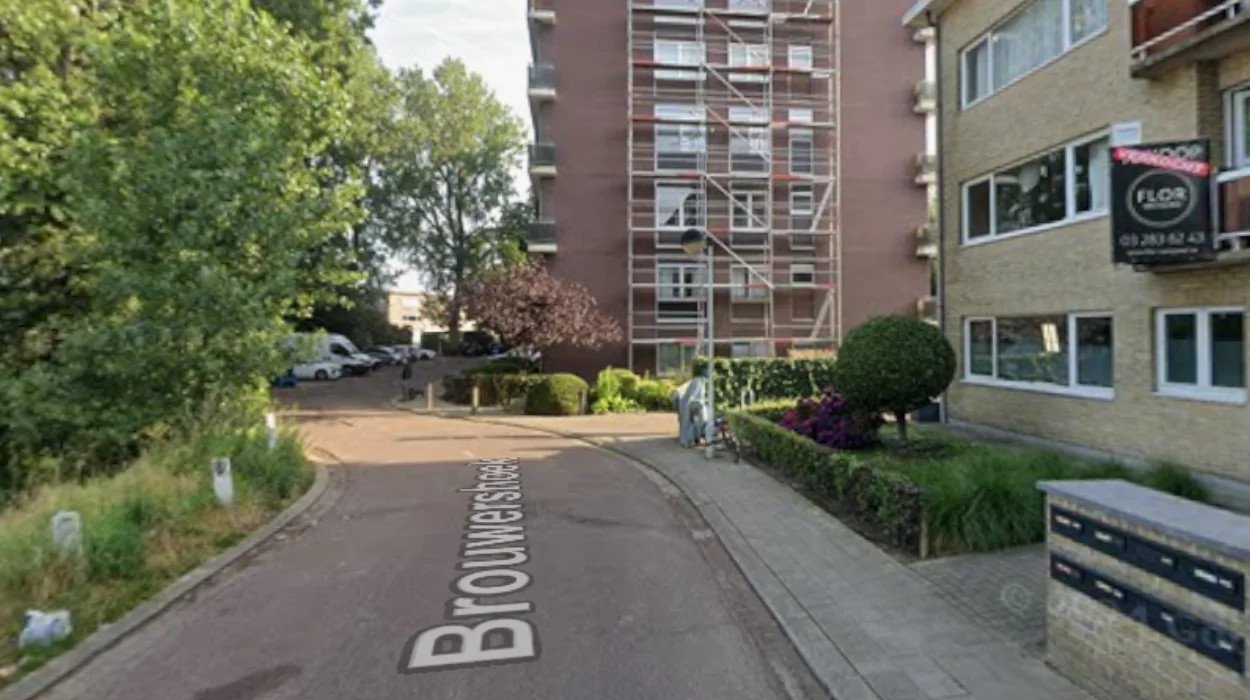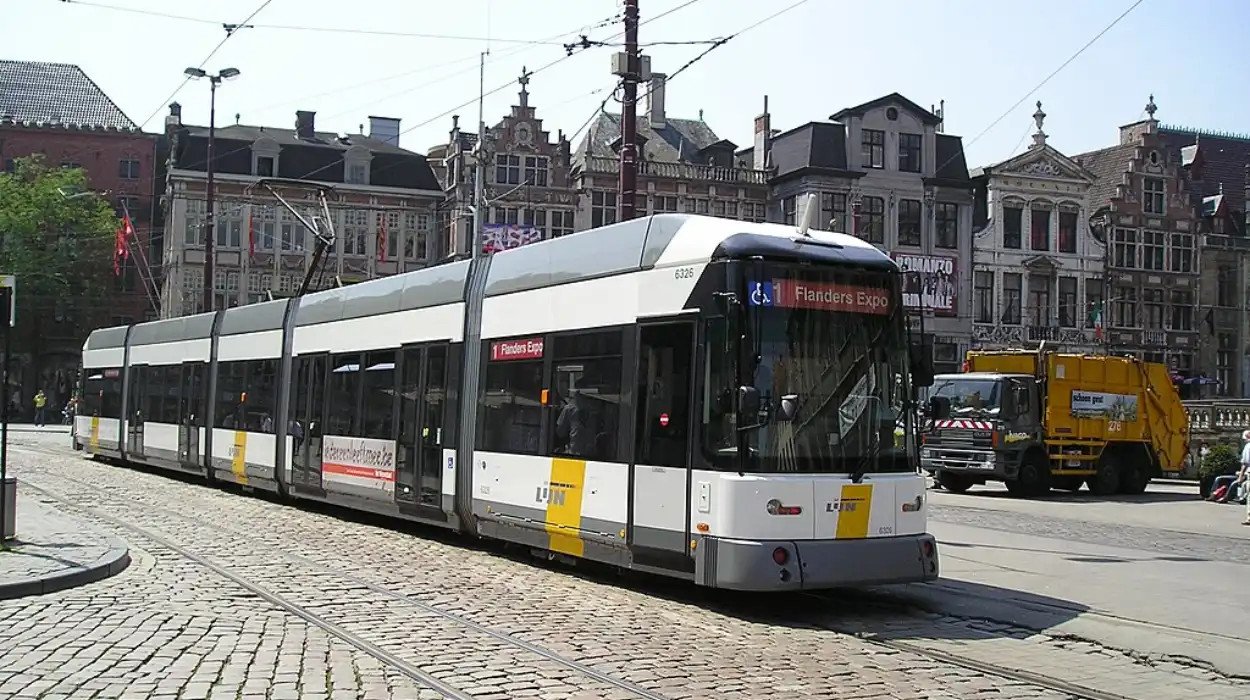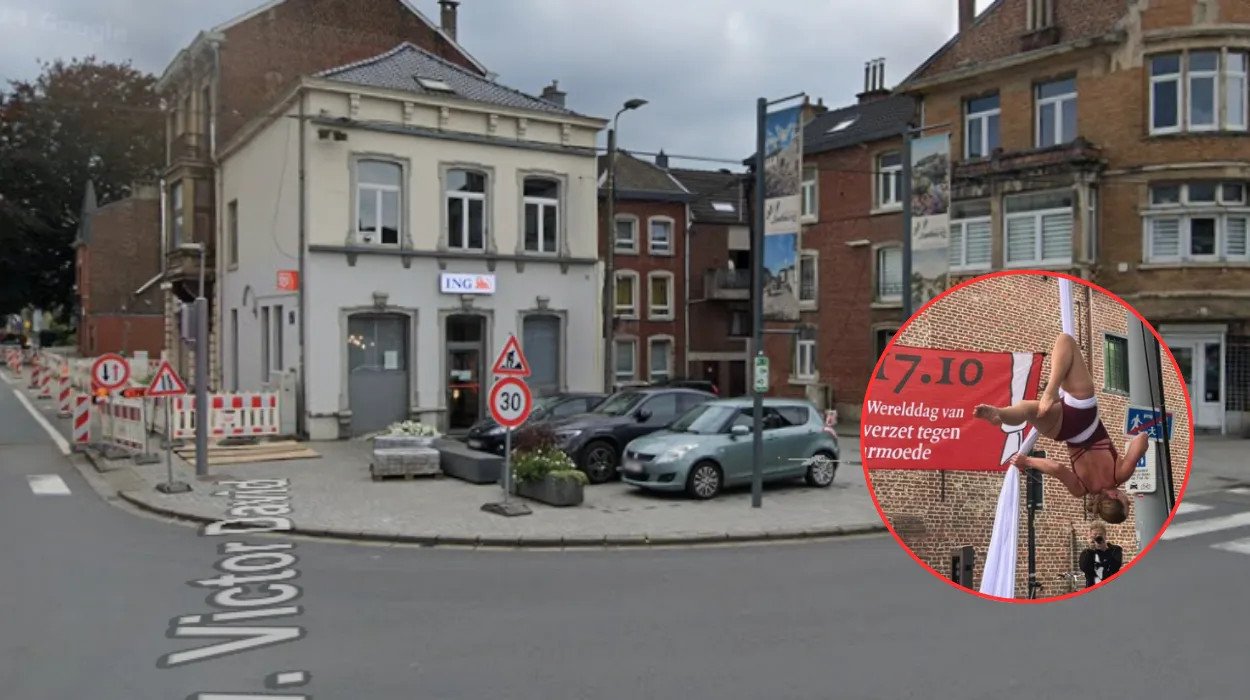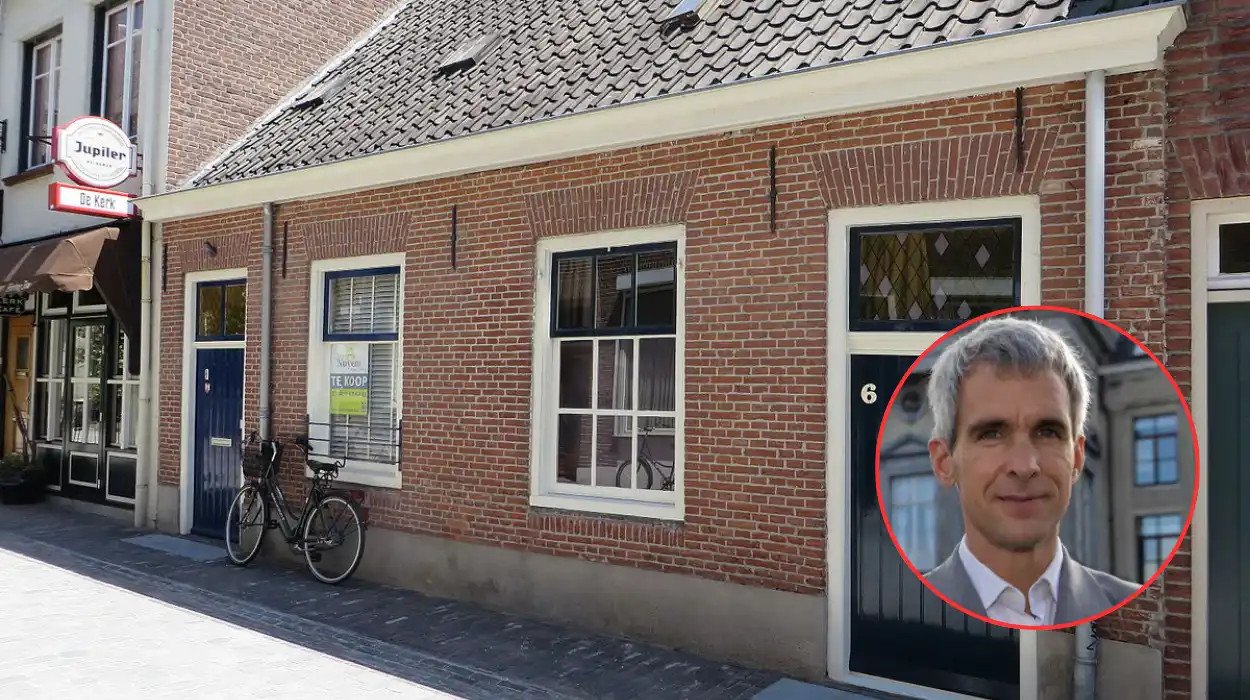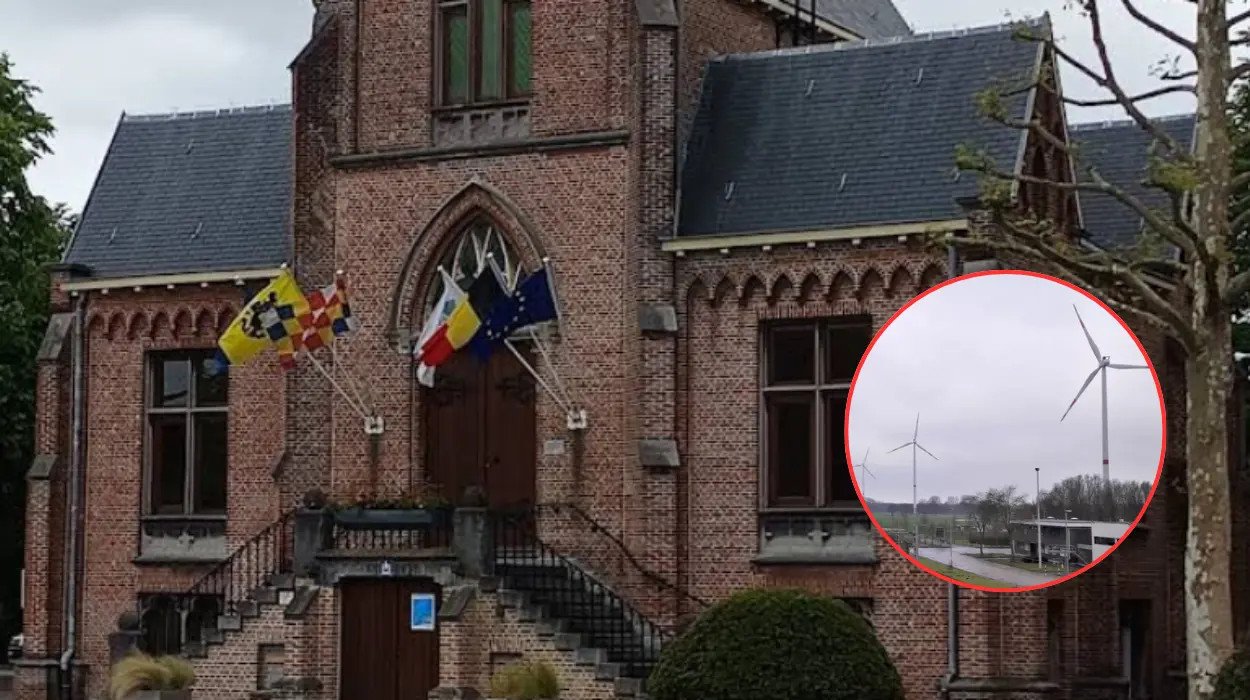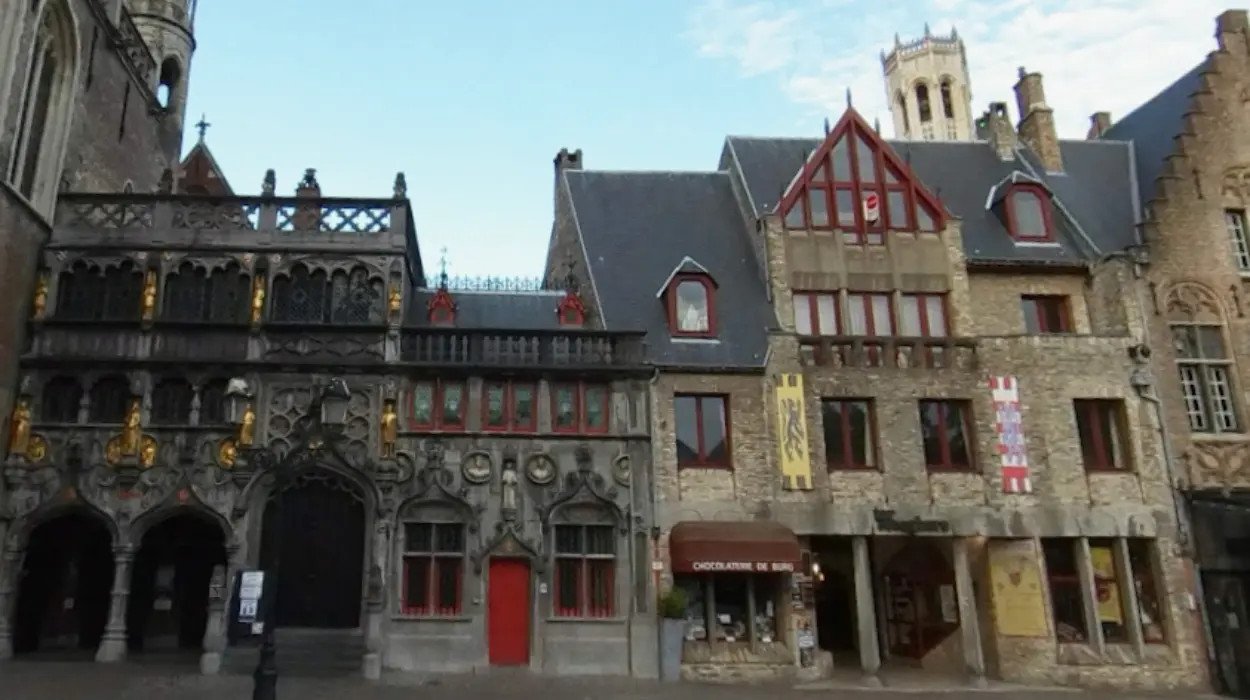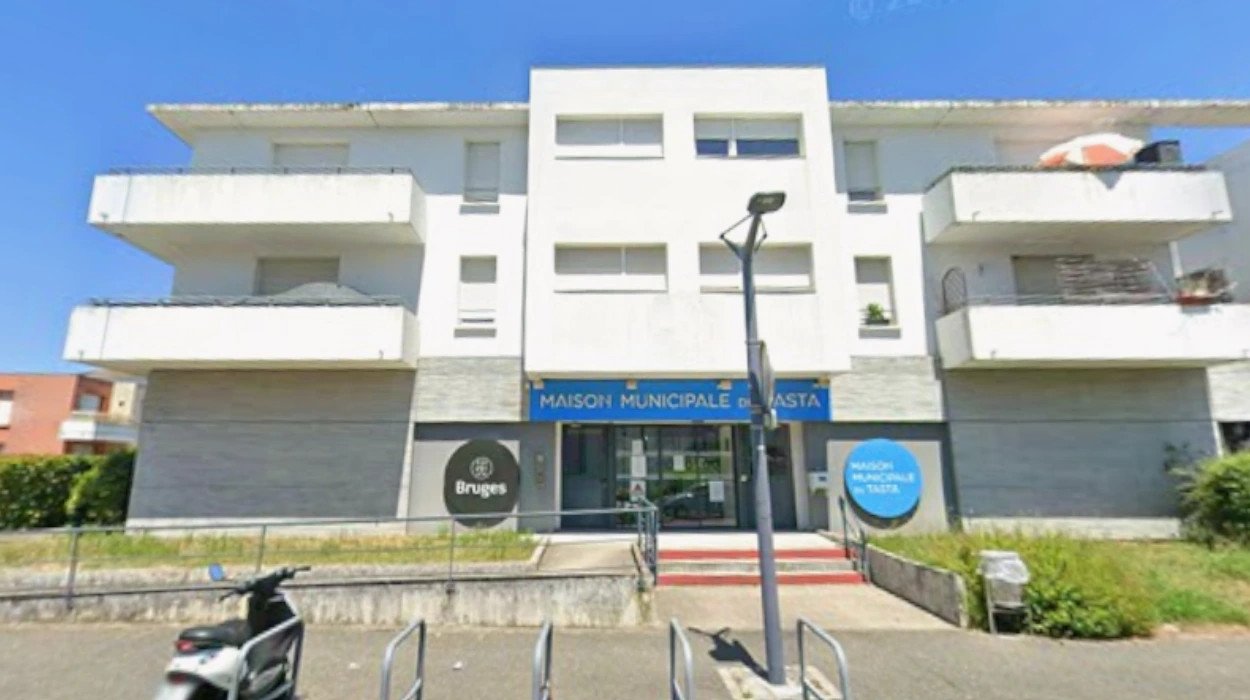Pelt – Nyrstar’s zinc plant in Pelt has received a new environmental permit from the Province of Limburg, allowing operations to continue until 2027. This permit imposes stricter limits on the discharge of chloride, sulfate, thallium, and selenium into the Dommel River via the Eindergatloop stream, reports 24brussels.
The granted permit significantly reduces daily discharge limits for chloride and sulfate by nearly half, along with lowered thresholds for thallium and selenium. The environmental permit committee, alongside the Flemish Environment Agency and the Agency for Nature and Forests, provided unanimous positive recommendations. Limburg officials assert that the amended permit will improve water quality while enabling the plant, a major local employer, to remain operational.
What impact will Nyrstar Pelt’s 2027 permit have on water quality?
Objections from Dutch water authorities, notably Waterschap De Dommel, and agricultural organizations like ZLTO emphasize that ongoing chemical discharges threaten local ecosystems, biodiversity, and agricultural productivity.
“on condition that the stricter standards are strictly adhered to and that further research is conducted into additional mitigating measures,”
they stated.
Provincial Executive Inge Moors (CD&V) characterized the permit as “a good step” but cautioned that should Nyrstar need to reapply in the future, “much bigger steps are necessary.” Monitoring of the plant’s discharges will be closely conducted throughout the permit period to ensure compliance with the new regulations.
Further research is planned by the province to identify additional measures that can reduce pollution and enhance water quality and biodiversity within the Dommel region. Past measurements have indicated some improvements owing to source reduction and upgraded purification techniques; however, European standards remain unmet. Nyrstar has not yet commented on the new permit or future plans.
The zinc plant in Pelt has a history of environmental scrutiny since its establishment in the early 2000s, consistently discharging chloride, sulfate, thallium, and selenium into the Dommel River, which eventually flows into the Netherlands. In the 2010s, Dutch authorities flagged concerns regarding the river’s water quality failing to meet European standards, leading environmental groups to raise alarms about potential risks to wildlife and agriculture. Despite Nyrstar’s initiation of source reduction strategies and enhanced purification techniques, pollution levels improved only marginally, and prior permits often sparked controversy amid disputes between Belgian and Dutch regulators over acceptable discharge limits.

